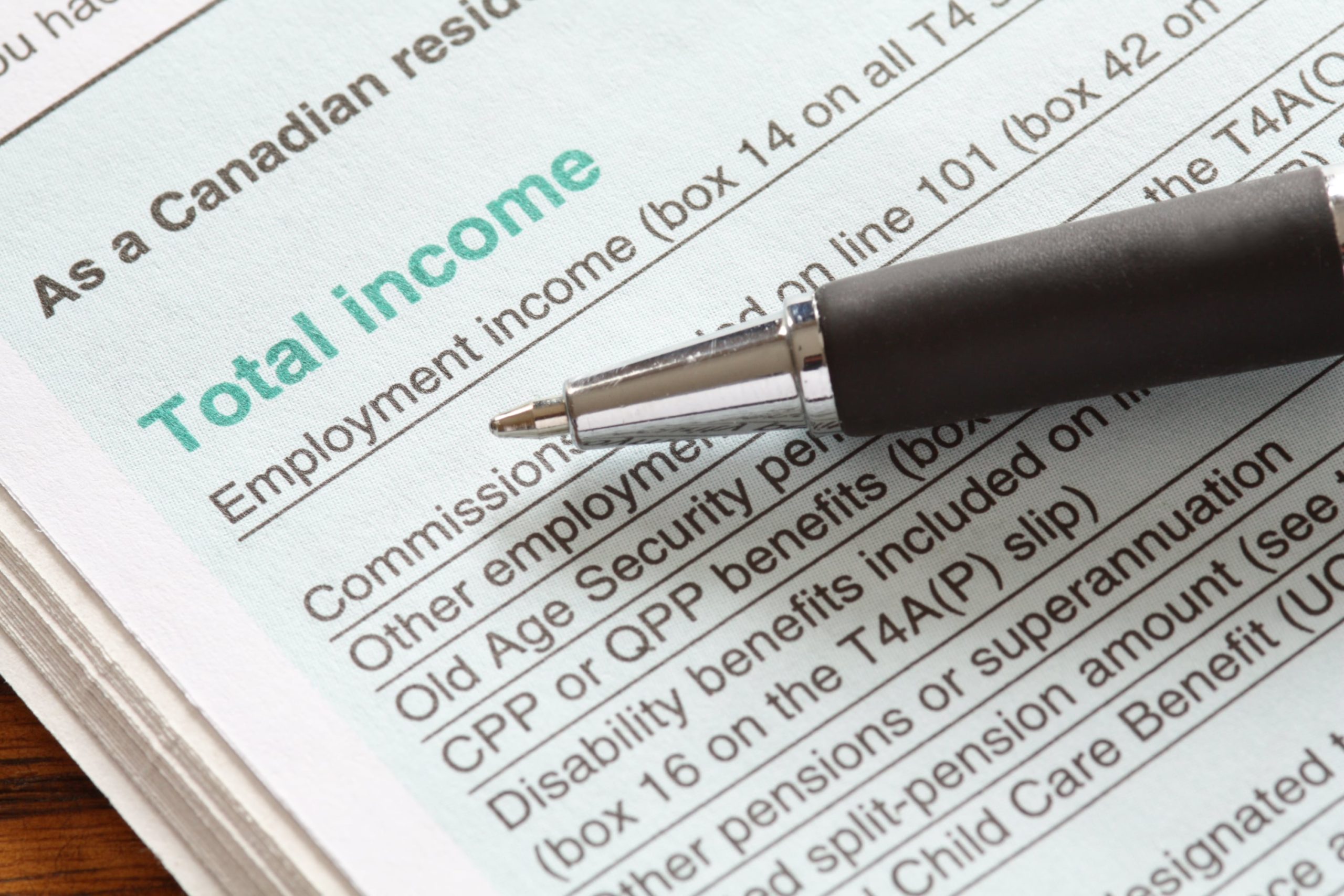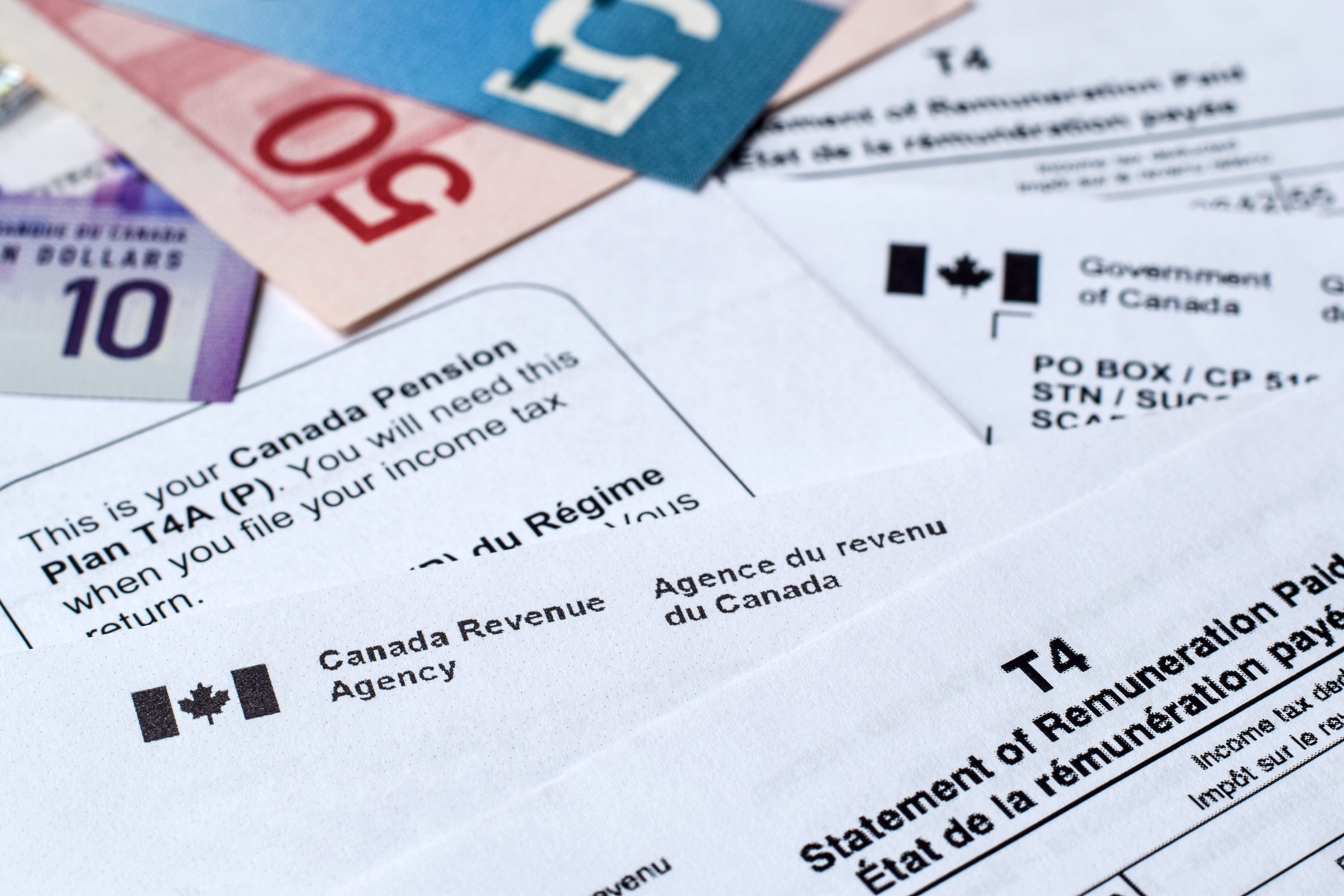Accounting & Assurance Services
How Accountants Can Help You Manage Business Debt
October 10, 2024

In business, you do a lot of financial transactions and take risks. Sometimes, you take debt to expand the business. Debt is a double-edged sword. If managed properly, it can help you develop and grow. But if mismanaged, it could strain your finances and even risk the sustainability of your business. Most businesses declare bankruptcy as they are unable to meet their debt obligations. As a business owner, taking the bull by the horns before things elevate is better.
A skilled accountant can help you tackle debt in a structured manner.
How Accounting Professionals Can Help Small Business Owners Manage Debt?
Debt can become a problem due to unforeseen circumstances, economic crises, gaps in budgeting and forecasting and cash flow issues. An accountant not only prepares financial statements but also understands the intricacies of financial management and can help you set up a system to monitor and manage the smooth flow of money throughout the business, identify gaps, and resolve them. An accountant can wear the hat of a debt consultant and get your finances in order.
Assessing the Financial Situation of the Company
When faced with unsurmountable debt, the first step is to gather information, structure the data, and assess your situation. It involves listing all your debts to determine how much you owe to whom, the maturity date, interest, and repayment terms. The next step is listing how much money you can allocate towards debt repayment without affecting your daily operations. Accounting professionals are experts in analyzing financial statements and preparing an overview of your financial situation.
Once you know your financial situation, you can create a debt repayment plan that fits in.
Creating a Debt Repayment Plan
When creating a debt repayment plan, prioritize repayment in the following manner:
- First, repay debts with high interest rates and no tax benefits like credit cards.
- Next, pay the debt with low interest but no tax benefit.
- Then, repay the debt with high interest and tax benefits.
- Finally, consider the debt with low interest and tax benefits such as mortgage.
This will help you reduce your interest and tax bill and channel that money towards principal repayment. The repayment schedule must be realistic, and your business cash flows must be considered. Accountants can help you with all the calculations and how much you will save in different scenarios.
Negotiating With Creditors and Restructuring Debt
When analyzing the terms of debt, you could also consider negotiating the terms with some creditors by offering them to pay early, seek a longer repayment term or reduce interest expense. An accountant can help you deal with this by presenting favourable terms and accepted by creditors.
You could also consider restructuring your debt or consolidating different types of debt with varying interest rates into one single debt with a lower interest rate. Debt restructuring should be feasible and bring interest savings and longer repayment terms. It is an ongoing process. As your credit score improves, you can get better credit terms. Depending on your financial situation, your accountant can help you get the best terms. Effective communication is the key.
Budgeting and Cost Cutting
Once you have devised a debt repayment strategy, it is time to look at your financial statements and ensure you meet your obligations in all business situations, good and bad. You have to create a realistic budget and stick to it.
A skilled accountant can help you develop a detailed budget based on expenses, revenue, and cash flows. They can also help you identify areas where you can cut costs and maximize revenue by analyzing your financial statements. For instance, you could rent equipment or office space to earn extra cash. Or you could sell any idle assets and use the proceeds to pay off the most expensive debt.
The accountant will monitor the outcome of these efforts and make adjustments where required to accommodate changes in financial situations.
Manage Cash Flow and Forecast Financials
The budgeting and cost-cutting will only work when the business gets paid. Cash flow management is very crucial at such times. An accountant can help you streamline your invoicing process and accounts receivables by offering customers favourable deals and regular follow-ups. Bad debts or delayed customer payments will cascade into delays by you and add to the debt burden. Hence, it is essential to keep customer credits to a minimum and only give credit to those customers who pay on time.
While managing cash flows, you can also forecast the future cash flows for the next quarter, six months, or a year. You could add some worst-case scenarios and how they could affect your cash flow. Accordingly, you can create an emergency fund to sustain under challenging times. An accountant can make these numbers your strength and help you build a robust financial plan that is realistic and achievable if implemented with discipline.
Avoid Taking on New Debt
After your business succeeds in managing the debt, it is vital to sustain this situation and avoid taking new debt unless that is the best alternative. Effective financial planning can help you build a profitable business and use this for future growth.
Contact DDL & Co. in the Niagara Region to Help You Manage Business Debt
You would be surprised to know how much an accountant can contribute to business finances. While preparing financial statements is their strength, optimizing every line item of the balance sheet, income statement, and cash flow statement is also their specialty. To learn more about how DDL & Co. can provide you with the best accounting expertise and more, contact us online or call us at 905-680-8669.



